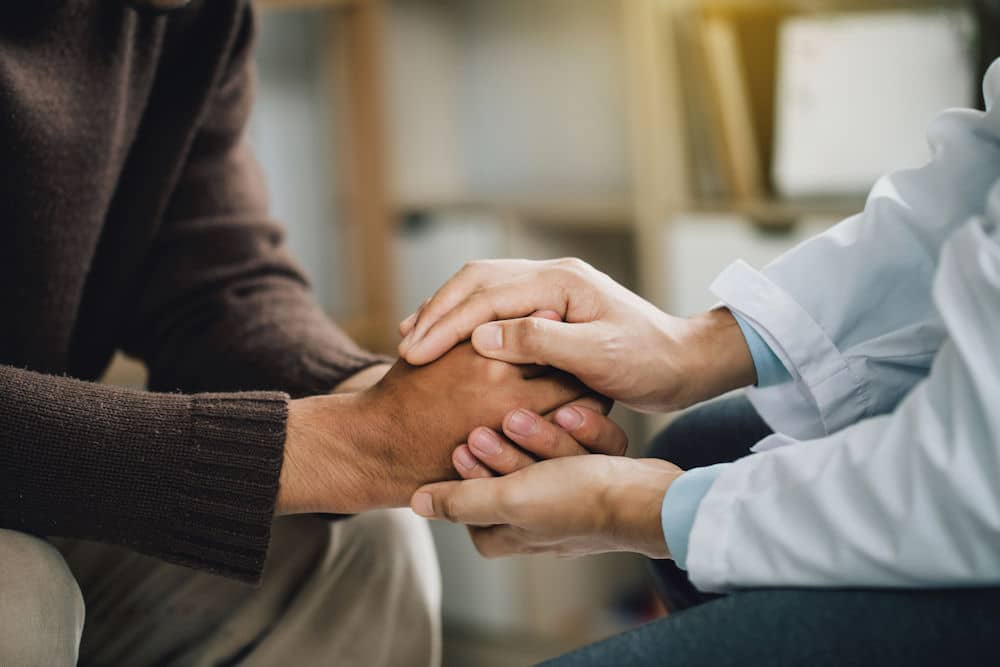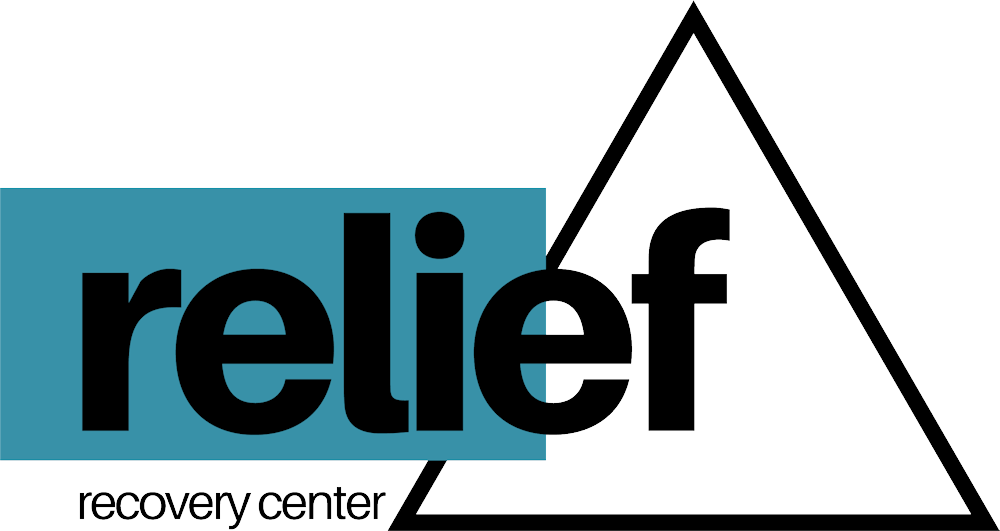Find the Support You Need to Recover: Overcoming Drug Addiction Together
Reconnect with Life by Healing from Drug Addiction
» Treatment »
Drug addiction is a complex issue that affects millions of people around the world. From prescription drugs to illegal substances, drug abuse can have serious consequences on individuals and their loved ones.
If you or someone you know is struggling with drug addiction, know that recovery is possible. With the right treatment and support, you can overcome drug addiction and reclaim your life.
What is Drug Addiction?
Drug addiction has long been stigmatized as a personal failing, but the medical community now recognizes it as a chronic relapsing brain disease. Like Alcohol Use Disorder (AUD), drug addiction is diagnosed based on specific criteria outlined in the DSM-5.
The criteria for drug addiction include:
- A strong desire or compulsion to use drugs
- Difficulty controlling drug use, including unsuccessful attempts to quit or cut back
- Physical dependence on drugs, including withdrawal symptoms when not using
- Tolerance, meaning the need to use more drugs to achieve the same effects
Drug addiction affects individuals physically, psychologically, and behaviorally. The effects of drug use can lead to mood and behavior changes, damage to relationships, and problems at work or school.
Massachusetts Drug Addiction Statistics
- Over 20 million adults in the US have a substance use disorder
- This is close to 10% of the adult population
- 1 out of every 10 people you meet may have a substance use disorder
- There is a substance use epidemic in the US
- Opioid addiction gets a lot of attention, but other drugs like heroin, cocaine, methamphetamine, cannabis, benzodiazepines, and stimulants are also misused and have serious consequences.
What are Commonly Abused Drugs?
Cocaine
Methamphetamines
Heroin
Heroin can be consumed in a variety of ways, including injecting it into a vein, snorting it, smoking it, or using it in pill form. However, injecting heroin is the most common method of use, and it is also the most dangerous.
Heroin can have numerous devastating consequences on both the physical and mental health of the user. The immediate effects of heroin use can include a rush of euphoria, drowsiness, and clouded mental function. Over time, heroin use can lead to a range of serious health problems, such as collapsed veins, infections of the heart and lungs, kidney and liver disease, and even death from overdose.
Marijuana
Signs and Symptoms of Drug Addiction
If you suspect that someone you know may be struggling with drug addiction, there are some warning signs to look out for:
- Using drugs in larger amounts or for longer than intended
- Unsuccessful attempts to stop or cut back on drug use
- Spending a lot of time and money obtaining drugs
- Continuing to use drugs despite the negative consequences, such as health problems, legal issues, and strained relationships
- Neglecting responsibilities at home, work, or school
- Engaging in risky behaviors, such as driving under the influence or sharing needles
- Experiencing withdrawal symptoms when attempting to quit using drugs
Drug Withdrawal Symptoms
Withdrawal symptoms for drug addiction can vary depending on the drug and the severity of the addiction, but some common symptoms include:
- Anxiety
- Depression
- Irritability
- Fatigue
- Insomnia
- Nausea and Vomiting
- Diarrhea
- Sweating
- Tremors and Shaking
- Muscle Aches and Pains
- Increased Heart Rate and Blood Pressure
- Seizures (in severe cases)
Don’t Wait, Call Now for Medical Attention
It’s important to note that withdrawal from certain drugs, such as benzodiazepines and alcohol, can be life-threatening and should only be done under medical supervision. If you or someone you know is experiencing withdrawal symptoms, it’s important to seek medical attention immediately.
Relief Recovery Center provides personalized addiction treatment services in Cape Cod, MA to help individuals on the path to recovery.
Treatment for Drug Addiction
Recovery from drug addiction is not a one-time event, but rather an ongoing process. It requires commitment, dedication, and a willingness to make lifestyle changes. There are various treatment options available to individuals struggling with addiction, including inpatient treatment, outpatient programs, individual therapy, and support groups. While each option may differ in structure and intensity, they all share the common goal of providing individuals with the tools and resources they need to maintain sobriety and live a fulfilling life in recovery.

Detox

Day Treatment Program

Intensive Outpatient Program (IOP)

Outpatient Program (OP)

